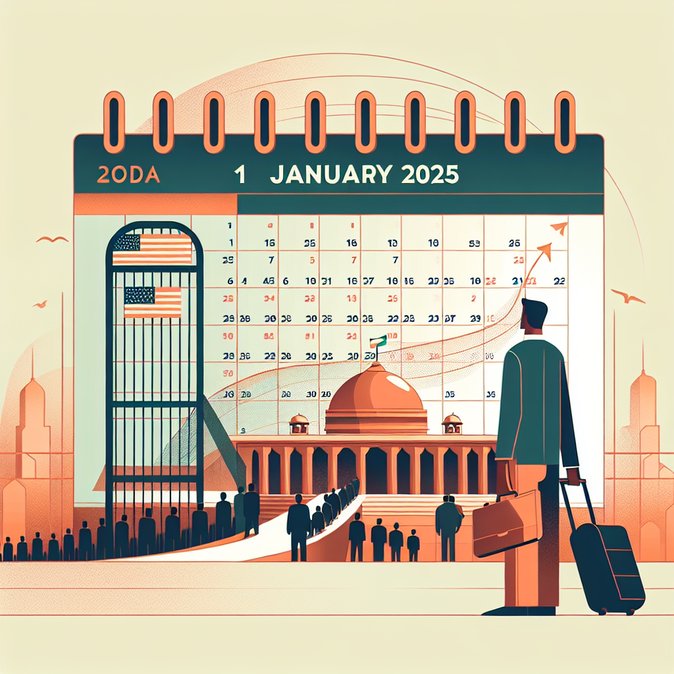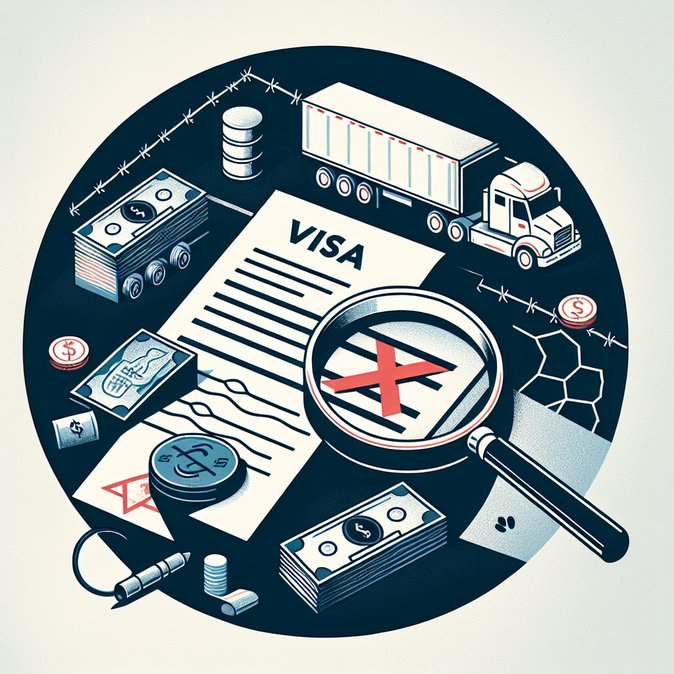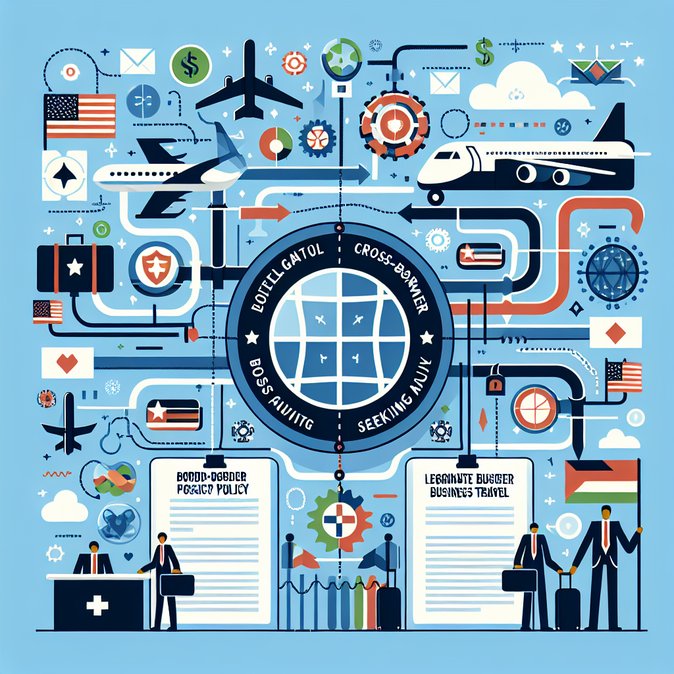
On 16 November the U.S. Embassy and Consulates in India reminded applicants that, effective 1 January 2025, a non-immigrant visa (NIV) interview can be rescheduled only once without paying a fresh Machine-Readable Visa (MRV) fee. A second change—or skipping the appointment—will require a new fee and a new booking.
Consular officials say chronic no-shows have clogged India’s already stretched scheduling system, where B-1/B-2 visitor waits hover around 430–480 days. By limiting free changes, the mission hopes to reclaim thousands of wasted slots and cut queues for business travelers and families.
![U.S. Embassy in India Limits Non-Immigrant Visa Appointments to One Free Reschedule]()
Existing appointments booked before 6 September 2025 keep the old rules, and emergency or diplomatic cases remain exempt. The embassy hinted the pilot could expand to other high-demand countries if successful, making it a bell-wether for global consular reform.
Corporate mobility teams with large India-based talent pools should brief employees to confirm travel plans before locking interview dates, and budget for possible re-booking costs. Vendors scheduling group appointments must coordinate carefully to avoid cascading fee losses.
The policy underscores wider State Department efforts to standardize customer-service metrics across consulates, including algorithmic slot releases and penalties for ‘ghost’ bookings. Early analytics from Chennai suggest a 12 percent reduction in unused slots since reminders began in October.
Consular officials say chronic no-shows have clogged India’s already stretched scheduling system, where B-1/B-2 visitor waits hover around 430–480 days. By limiting free changes, the mission hopes to reclaim thousands of wasted slots and cut queues for business travelers and families.

Existing appointments booked before 6 September 2025 keep the old rules, and emergency or diplomatic cases remain exempt. The embassy hinted the pilot could expand to other high-demand countries if successful, making it a bell-wether for global consular reform.
Corporate mobility teams with large India-based talent pools should brief employees to confirm travel plans before locking interview dates, and budget for possible re-booking costs. Vendors scheduling group appointments must coordinate carefully to avoid cascading fee losses.
The policy underscores wider State Department efforts to standardize customer-service metrics across consulates, including algorithmic slot releases and penalties for ‘ghost’ bookings. Early analytics from Chennai suggest a 12 percent reduction in unused slots since reminders began in October.


